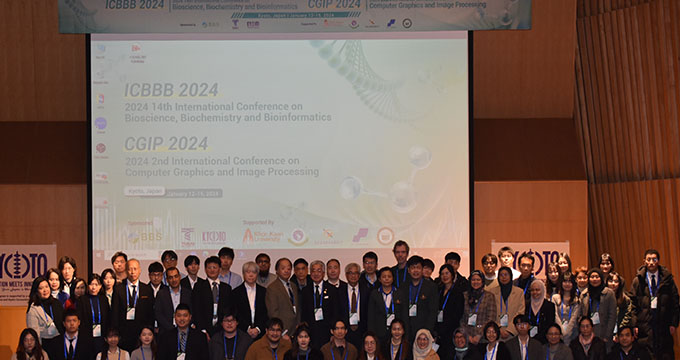

200 views||Release time: May 22, 2025
In the ever-evolving world of academia, submitting to academic conferences is a powerful way to share your research, receive feedback, and build scholarly influence. Whether you're a graduate student or a seasoned academic, understanding how to navigate conference submissions is key to expanding your impact.

Academic conferences serve as the frontlines of innovation. They allow scholars to:
Showcase new findings before they are published in journals
Network with peers and experts
Receive constructive feedback to improve their research
Gain recognition within a specialized field
Submitting a paper to a reputable conference not only sharpens your work through peer review but also accelerates your research exposure compared to traditional journals.
Selecting the right academic conference depends on:
Field relevance: Ensure the topics align with your research.
Indexing: Prioritize conferences indexed by EI, Scopus, or CPCI.
Timeline and deadlines: Be aware of abstract, full paper, and registration deadlines.
Publication potential: Look for conferences whose proceedings are published in respected databases.
Most conferences follow a structured process:
Call for Papers: Read the guidelines carefully.
Abstract Submission: Present your research summary concisely.
Full Paper Submission: Adhere to format and citation style requirements.
Peer Review: Await reviewer feedback and revise if required.
Acceptance Notification: Confirm and register for the event.
Presentation & Publication: Deliver your research and get published in proceedings.
iConf.com is a reliable platform where researchers can explore high-quality academic conferences across all major disciplines. It simplifies the search, submission, and deadline tracking process for researchers worldwide.
Submitting to academic conferences is more than a task — it's a strategic move for career growth. By choosing the right venue and preparing well, your research can gain the recognition it deserves.